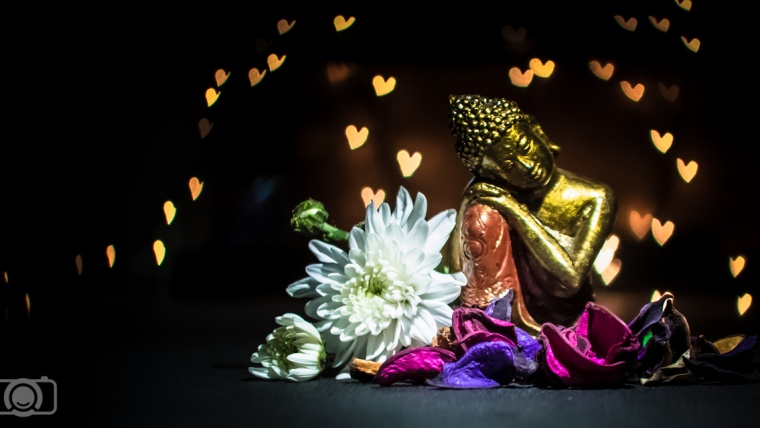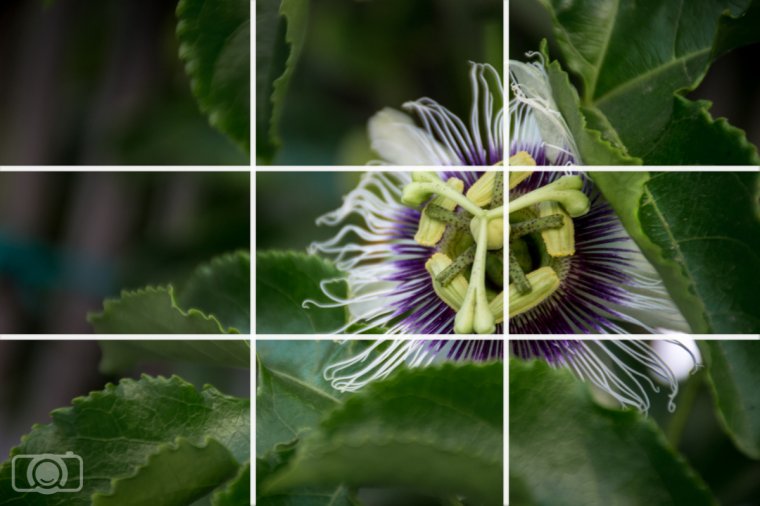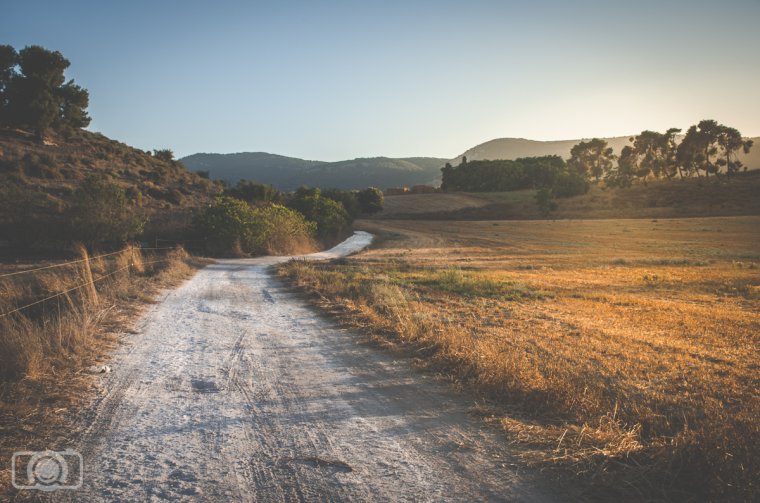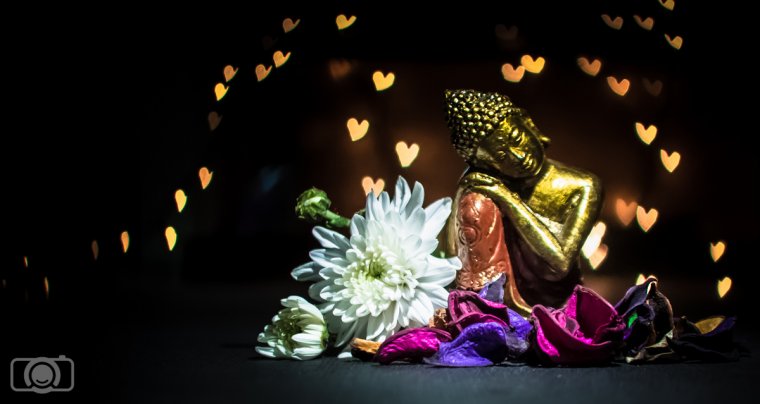
Being a perfectionist seems like a good thing to be. What is wrong about aiming always for the best? Well, I am a perfectionist myself and along my life I learnt that perfectionism is a double-edged sword: it can either take you to greatness or it can paralyze you.
Being a perfectionist helped me to get good grades and finish my PhD in Biology. It pushed me to be a good worker because I care about everything a lot. It also helped me as a photographer because I always try to do things well. I even read my entire camera manual because I wanted to understand my new Nikon D7000 perfectly. Being a perfectionist is motivating. It pushes you you forward.

However, trying to achieve perfection also increases my stress level. I always live with the slight fear of making a mistake or that I am not good enough. This is what I called “the perfectionist’s course”: you can do awesome things but you won’t appreciate them because you are too busy thinking that you were able to do it better. Taking it to an extreme, perfectionism can even block your creativity. It happened to me. I have always been fascinated about composition. Now that I feel confident with some of the basics, I decided that it is time to try new things. I started reading about more complex composition techniques. I saw some tutorials. I wanted to understand everything perfectly because I wanted to create the perfectly-composed photo. I read everything once again and I re-watched the videos. I did it one more time, then another time, and again…. Time passed and I didn’t take a single photo. Perfectionism blocked me. I didn’t want to take photos because I was scared they will suck. I know it might seem silly, but this is how a perfectionist’s mind can work sometimes. You can feel so scared about failing that you don’t even try.

I understood that if I wanted to keep growing as a photographer I would need to handle my perfectionism issues better. If, like me, you get to the point that perfectionism is not helping you any more, keep reading, I have good news for you. With a bit of effort you can change this negative behavior. Totally worth it!
Table of Contents
What you can see as perfect might not be perfect for me or vice versa. Aiming to such a subjective concept is like building castles in the air. As Salvador Dali said: “Have no fear of perfection, you’ll never reach it”.

This can be hard but it is important to work on. In the moment of taking/creating a photo there are a lot of things to consider: location, model, time of the day, using filters or not, tripod…. Then you have all the post processing decisions: enhancement, cloning out… If you are a perfectionist, all these factors become a long list of things to be worried about. This will slow you down so much that it will get tedious or you might even get blocked. If you see that this might happen, make the decision of aiming for the best you can do in that particular moment. Take the photo and learn from it. Remember that photography is a craft. Learning is what will make you better. You improve by taking photos not by worrying about everything all the time.

Letting go a bit of perfectionism doesn’t mean that you give up on improving on quality. It just means that you adapt to factors that are beyond your control. Do you want to become a landscape photographer? Great! Instead of just deciding that you need to take the best landscape photos ever, try to set a series of smaller goals. First you can learn about the best apertures for landscapes. After that you can learn about using a polarizer filter, then about ND filters…. This strategy works better because you can really reach the goals. This will make you feel much better than just aiming for a perfection that is impossible to reach.

Nobody was born knowing everything about photography. You need to advance step by step. We are all a bit impatient these days. We compare ourselves with other photographers and we want to be like them, and we want to be like them NOW. We take pictures and we want them to be perfect NOW. But we forget about the learning curve. Stop thinking that you need to be perfect NOW and enjoy your learning process. You should be proud of all the efforts you are doing to improve.
When you are not so worried about the final results or thinking that you must be good in photography, then magic happens. You can enjoy the simple act of taking photos, just because it brings joy to your heart. You probably started photography just because you liked it. Try to keep this light-hearted spirit. It will do well to your health.

Let me know if you tried some of these tips. Do you have your own strategies for handling perfectionism? I would love you to share them with me. Have a happy shooting!!
Comments (0)
There are no comments yet.